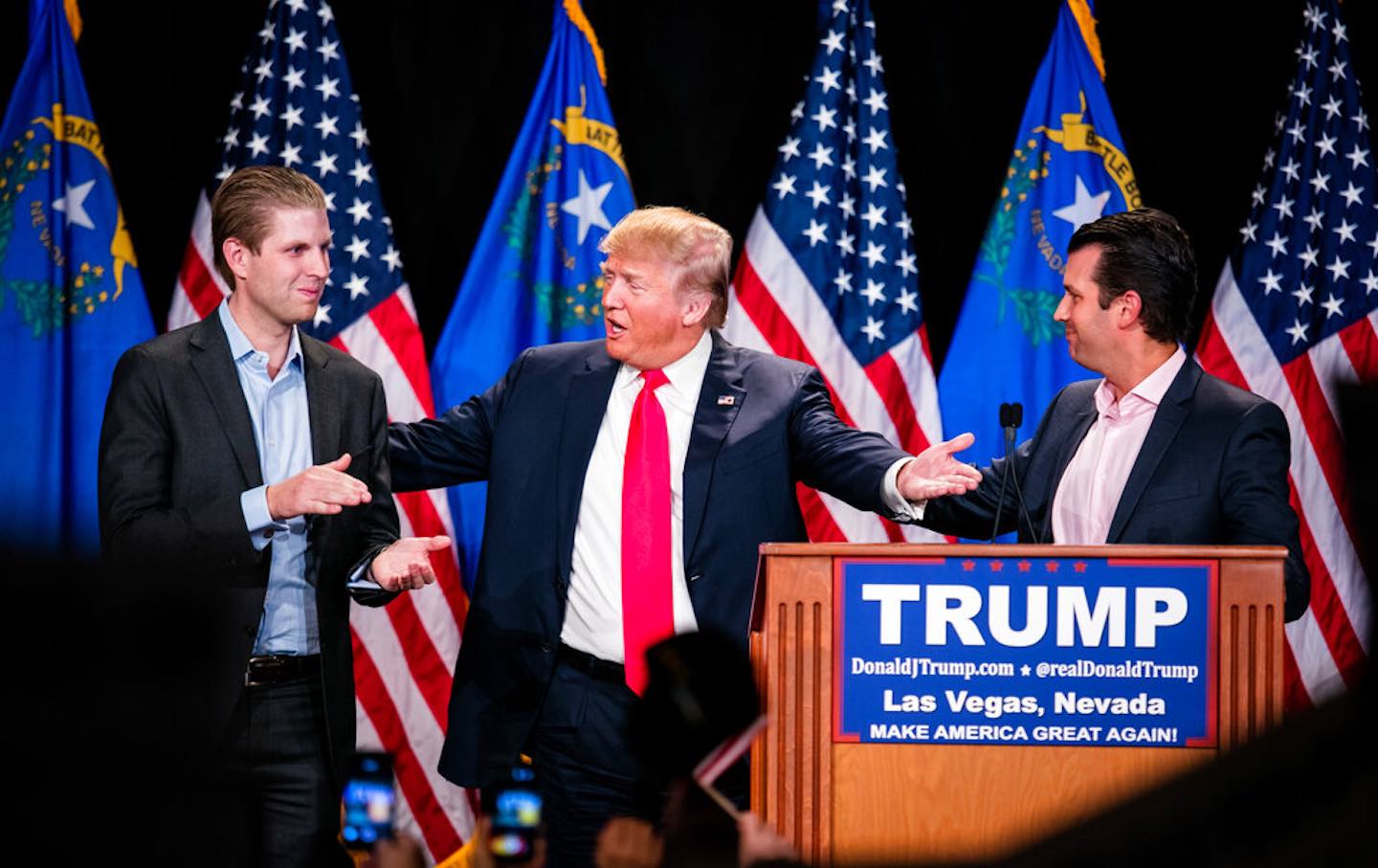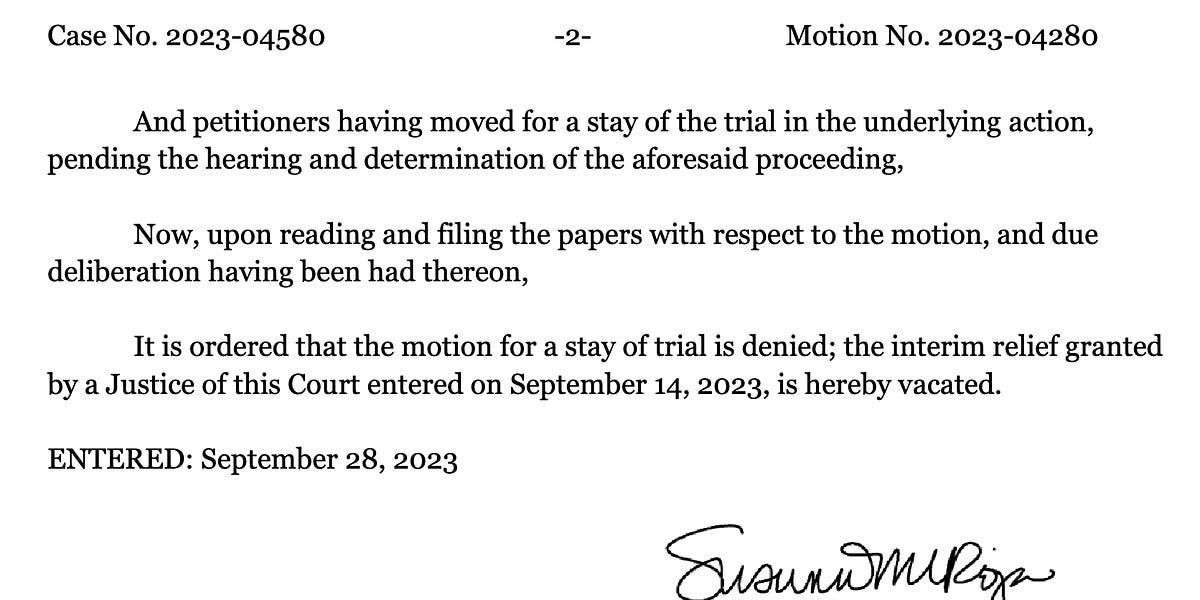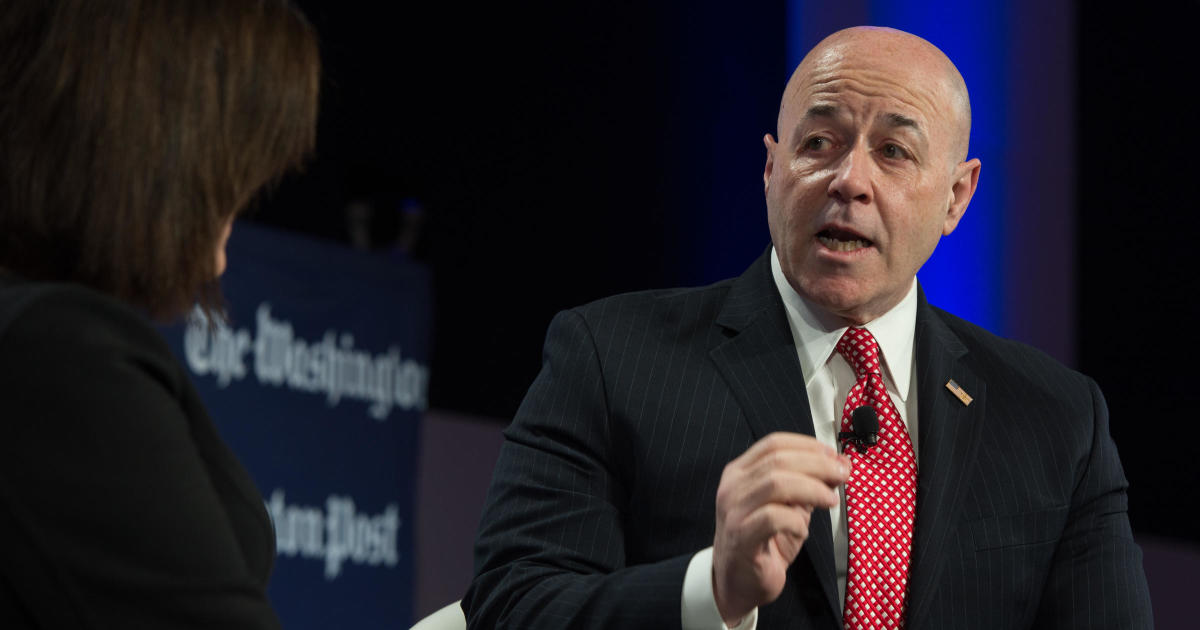Sixties Fan
Diamond Member
- Mar 6, 2017
- 57,278
- 10,913
- 2,140
- Thread starter
- #621
Follow along with the video below to see how to install our site as a web app on your home screen.
Note: This feature may not be available in some browsers.

 www.thenation.com
www.thenation.com



Plaintiff is informed and believes and thereon alleges for the past many months Defendant Giuliani has spent many hours hacking into and manipulating data that he claims to have been obtained from Plaintiff, making copies of the data for himself and others to access and analyze, and further altering, impairing and damaging the data through his unlawful hacking and manipulation. In public interviews and media appearances and during podcasts, Defendant Giuliani has not only admitted but bragged about downloading data from Plaintiff’s “laptop” (even though he only had a hard drive) onto his own computer; about using his own computer to access, tamper with and manipulate the downloaded data; and about maintaining multiple copies of the data for his and Defendant Costello’s personal use.


